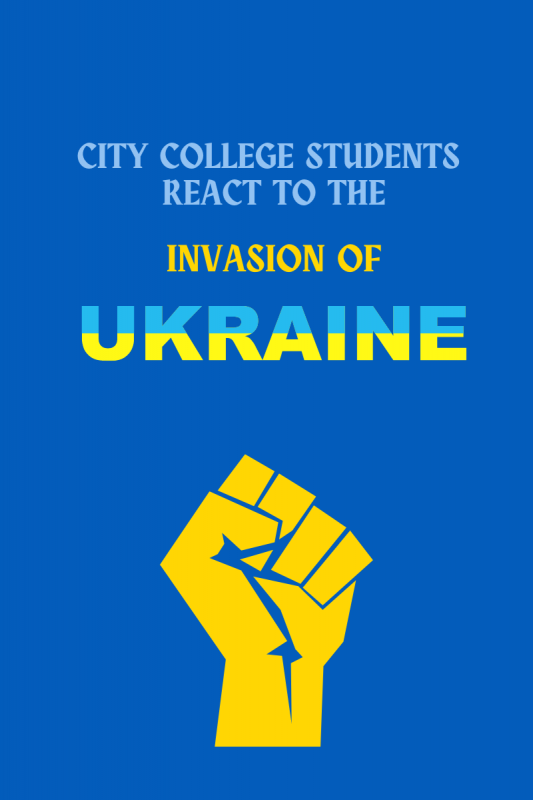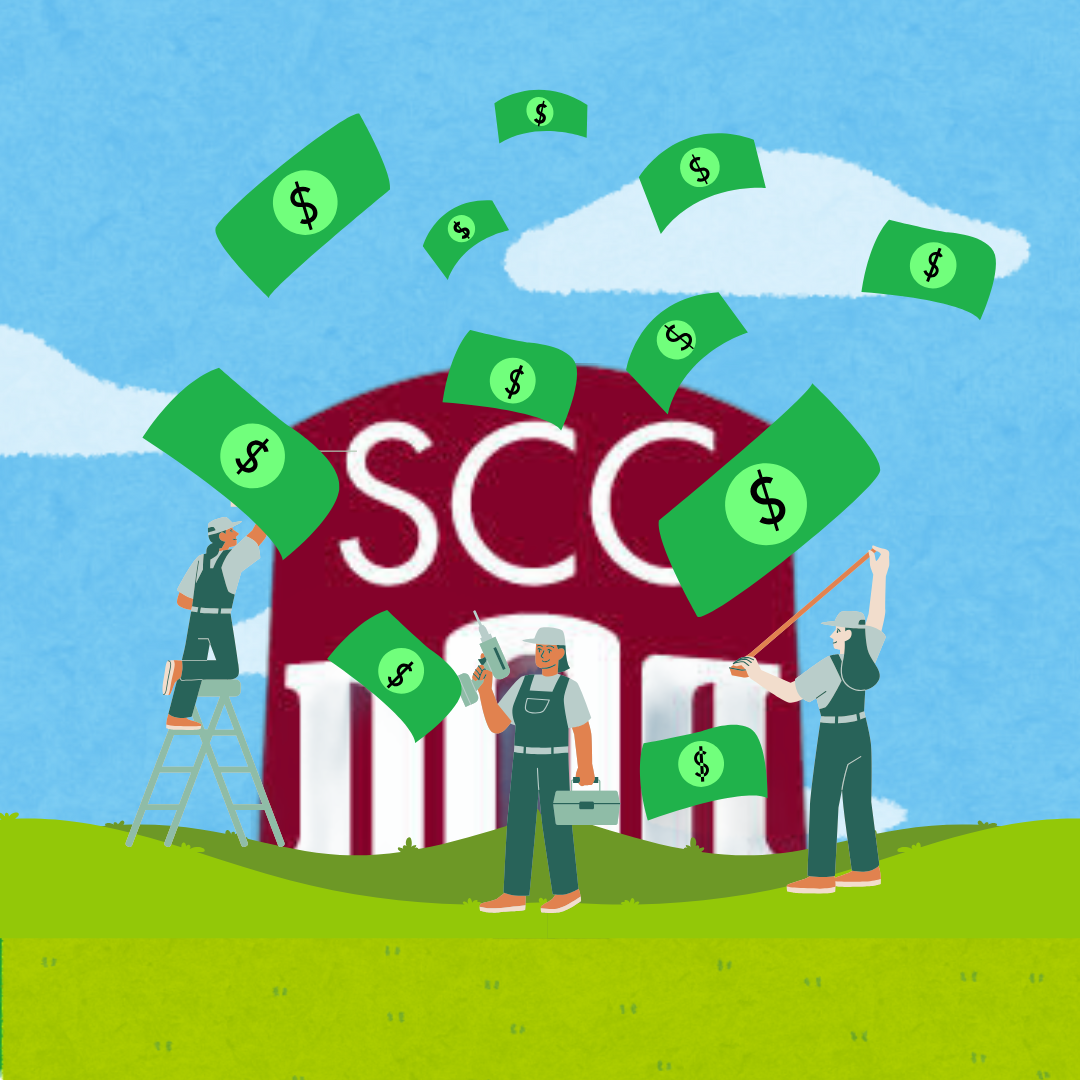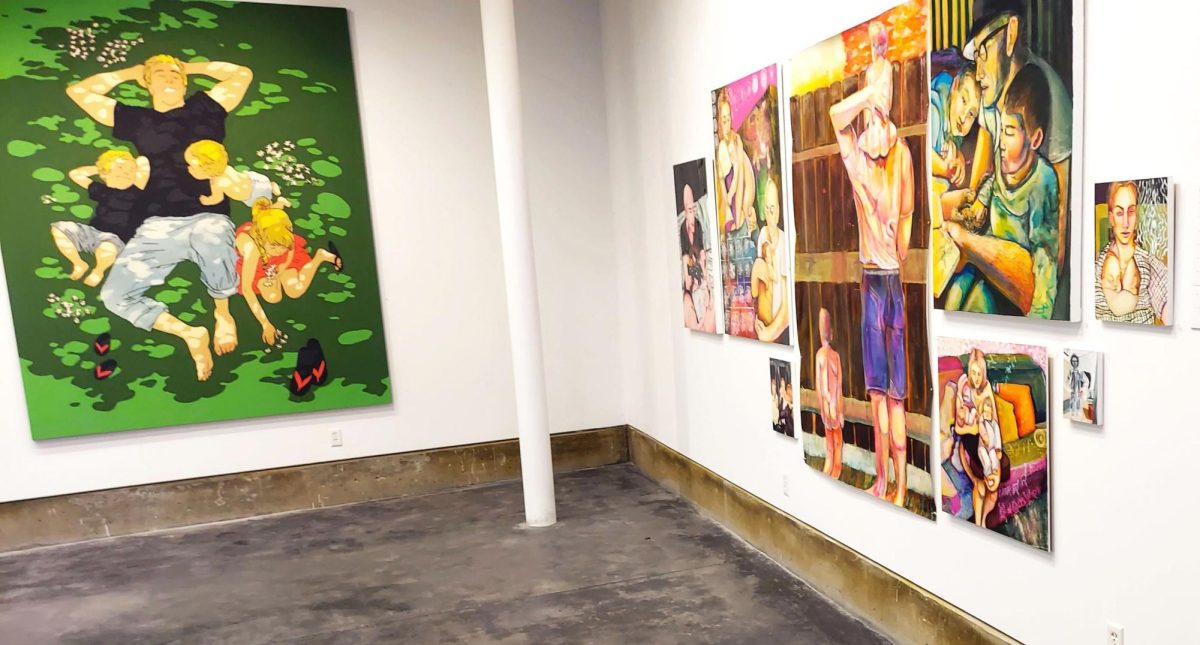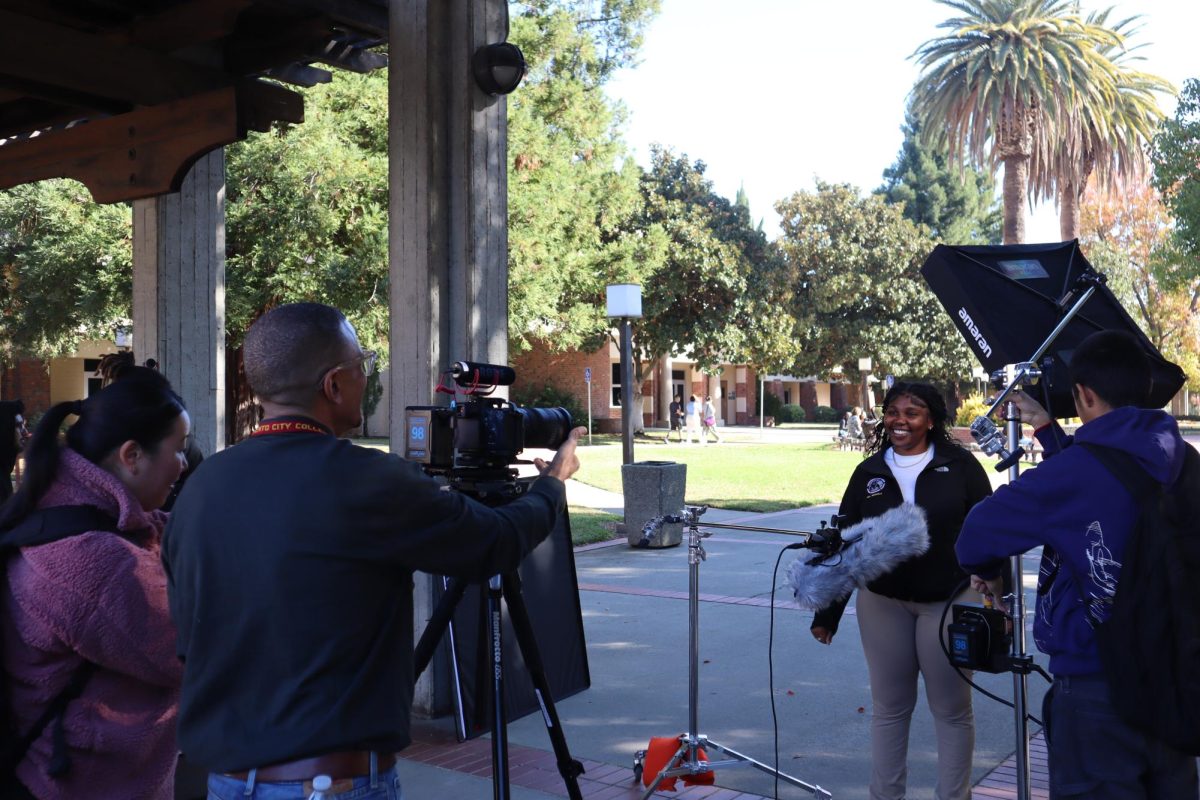Russia began its invasion of Ukraine on Feb. 24, when President Vladimir Putin sent an estimated 150,000 troops to Ukraine in an effort to seize the country. Overseas and thousands of miles away, City College students have been keeping up with the news and reacting to the tragedies.
City College does not specifically track the number of Ukrainian Americans students attending its college, but the Sacramento region is home to one of the largest Ukrainian populations in the nation with about 15,000 living in the area.
Many of the students interviewed by the Express were more focused on the tragedy of war itself rather than choosing sides, noting that both citizens of Ukraine and Russia are victims of Putin’s war.
“I am firmly against the idea of war and warring nations,” said Nick Forgac, a City College student majoring in psychology. “So I feel like trying to subjugate or overpower one nation for the other, I’m just very much against that. I definitely want to support Ukraine in the major themes going on here. But I just want to mainly say my stance is against war as a concept.”
In support of Ukraine, the United States, along with NATO, has placed numerous sanctions on Russia in an attempt to dismantle the country’s economy rather than attack its military by force. President Joe Biden has repeatedly said he would not send American troops to fight in Ukraine.
While many students did not view sanctions as a particularly failproof resolution to the Russian invasion, they preferred the use of sanctions rather than brute force. Others spoke passionately, wishing the U.S. and NATO would do more to intervene.
“I really wish somebody would go in and intervene,” said Frances Lang, a City College student majoring in geology. “This is just senseless killing.”
Other students argued that the use of sanctions is the only rational response, working to keep the war as nonviolent as possible.
“When we think about NATO’s sanctions,” Forgac said, “and then our own economic [sanctions] … I think it will negatively affect Russian citizens, but also their own government is affecting them just as poorly and is the reason that they’re suffering through this. So I guess NATO’s doing what they think is best for everyone’s interests.”
However, a common worry among students was that sanctions work to dismantle the Russian economy, and in turn its citizens, rather than its leader, will be the ones to suffer. To combat this, the U.S. has thus far sanctioned Putin and several Russian oligarchs to directly impact their wealth.
“This isn’t a Russian citizens war. It’s Putin’s war,” said Sara Monroe, a freshman student at City College majoring in english. “I don’t think the sanctions are really affecting him at all. I think it’s going to affect the Russian people who don’t support [the war]. [Putin has] already said that the sanctions aren’t going to change anything. I don’t think it’s a very effective thing and I think it could cause problems for a lot of Russian citizens.”
As Russia faced sanctions from the U.S. and NATO along with Ukraine’s determined defensive force, Putin ordered his nuclear forces to be put on high alert on sunday feb. 27, a move that dramatically escalated tensions between Russia and Western nations. Students expressed their worry but didn’t stray from the notion that Putin is probably more bark than bite.
“I think the threat of it is a more important fear tactic to use to control others rather than the actual thing,” Forgac said. “Will he actually use it? …I think it’s shrouded in a lot of mystery and skepticism. But mostly, I think the fear tactics used … by dangling these nukes in front of people, that is more of an effective tactic that I feel like he’ll actually use rather than go to legitimate nuclear war.”
Some students told the Express of their hopes for a peaceful resolution to the invasion. While others thought Russia would end up defeated, especially given how Putin has reportedly underestimated Ukraine’s defense and President Volodymyr Zelensky.
“I do believe that the Russian government will be destroyed from the inside,” said Mekhi Maclemore, a freshman at City College taking general education classes. “Russia will destroy itself.”
However, many students feared for a much more violent outcome.
“What I see is that there will be more bloodshed and there will be a lot more destruction,” Forgac said. “… I don’t want that to be a reality. I just feel like because there’s so much anger, hostility and resentment between our country and Russia. Not because I want there to be but because of the nature of humanity and its lust for bloody vengeance.”
































